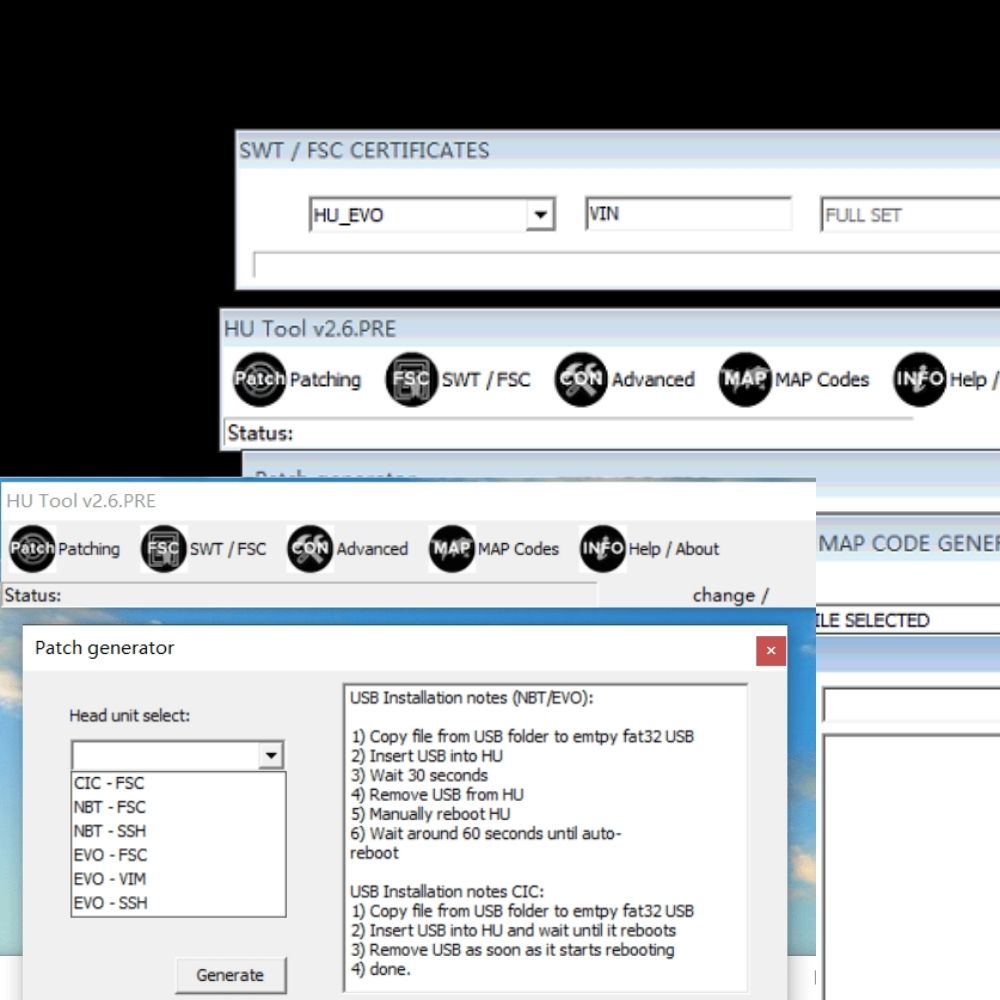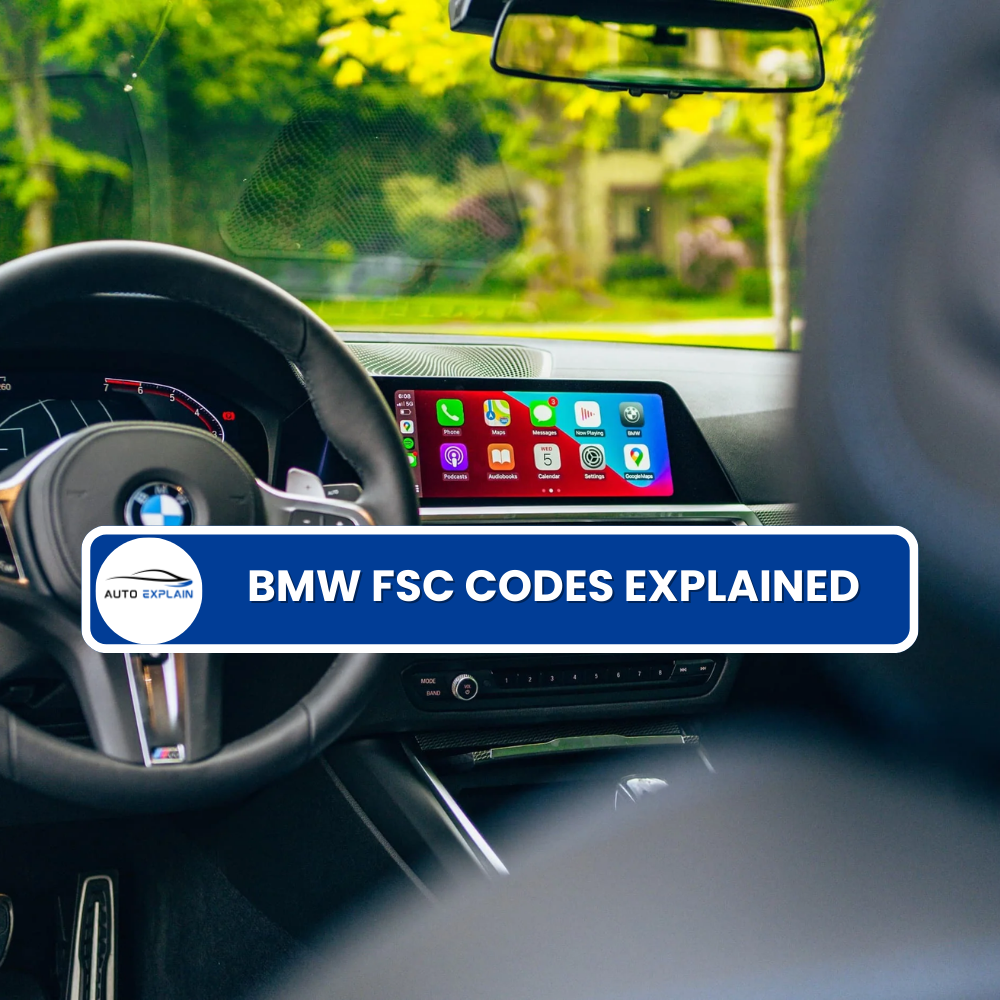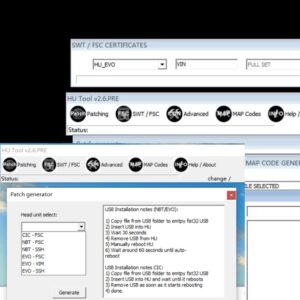
What Does The Audi Code P0303 Really Mean?
Audi code P0303 signifies a cylinder 3 misfire detection, signaling potential issues within your engine. This article will delve into the intricacies of this code, exploring its causes, symptoms, diagnostic procedures, and effective solutions. Seeking expert help from AutoExplain.com can expedite the repair process and minimize downtime.
Table of Contents
Toggle1. What is the Meaning of Audi Code P0303?
Audi code P0303 indicates that the engine’s computer, also known as the Powertrain Control Module (PCM), has detected a misfire in cylinder number 3. A misfire occurs when there’s insufficient combustion happening in that cylinder. This could stem from a lack of fuel, spark, or compression, leading to incomplete combustion. According to the Environmental Protection Agency (EPA), properly functioning cylinders are crucial for optimal engine performance and reduced emissions, making P0303 a serious issue requiring prompt attention.
Cylinder 3 refers to the third cylinder in the engine’s firing order.
2. What Causes the Audi Code P0303?
Several factors can trigger the P0303 code in your Audi. Identifying the root cause is the key to resolving the issue effectively. Here’s a breakdown of potential culprits:
2.1. Ignition System Malfunctions
The ignition system is responsible for providing the spark needed to ignite the air-fuel mixture in the cylinder. Problems within this system can lead to misfires.
- Faulty Spark Plug: A worn, cracked, or damaged spark plug in cylinder 3 can fail to produce a strong enough spark, causing a misfire. Spark plugs typically need replacement every 30,000 to 100,000 miles, depending on the type and vehicle.
- Defective Ignition Coil: Each cylinder in modern Audi engines often has its own ignition coil. A failing or failed coil for cylinder 3 won’t deliver the necessary voltage to the spark plug, resulting in a misfire.
- Spark Plug Wire Issues: On older Audi models with spark plug wires, damaged, or poorly connected wires can prevent the spark from reaching the cylinder.
2.2. Fuel Delivery Problems
Proper fuel delivery is essential for combustion. Issues affecting the fuel supply to cylinder 3 can cause a P0303 code.
- Clogged or Faulty Fuel Injector: A fuel injector delivers fuel into the cylinder. If it’s clogged or malfunctioning, it might not spray the correct amount of fuel, leading to a lean condition and misfire.
- Fuel Injector Wiring Problems: Damaged, loose, or corroded wiring to the fuel injector can disrupt its operation.
- PCM Issues: Although rare, a faulty Powertrain Control Module (PCM) can incorrectly control the fuel injector for cylinder 3.
2.3. Mechanical Engine Issues
Physical problems within the engine itself can also cause a misfire in cylinder 3.
- Low Compression: Low compression in cylinder 3 can result from worn piston rings, damaged valves, or a blown head gasket. A compression test can confirm this.
- Vacuum Leaks: Vacuum leaks near cylinder 3 can alter the air-fuel mixture, leading to a misfire.
- Timing Issues: Incorrect engine timing can cause valves to open and close at the wrong times, disrupting the combustion process.
2.4. Other Potential Causes
- Carbon Buildup: Excessive carbon deposits on the valves or piston can interfere with combustion.
- EGR Valve Problems: A faulty EGR (Exhaust Gas Recirculation) valve can cause misfires if it’s stuck open or leaking.
- Sensor Malfunctions: Faulty sensors, such as the crankshaft or camshaft position sensor, can send incorrect data to the PCM, leading to misfires.
3. What are the Symptoms of the P0303 Code in an Audi?
Recognizing the symptoms associated with the P0303 code is essential for timely diagnosis and repair. Common symptoms include:
- Check Engine Light: The most obvious symptom is an illuminated Check Engine Light on the dashboard. In some cases, the light may flash, indicating a more severe misfire.
- Rough Idling: The engine may idle roughly, vibrating or shaking noticeably, particularly when the vehicle is stopped.
- Reduced Engine Power: The engine may feel sluggish, and acceleration may be weaker than usual.
- Hesitation or Stalling: The vehicle may hesitate during acceleration or stall completely, especially at low speeds.
- Poor Fuel Economy: A misfire can cause the engine to burn more fuel, leading to decreased fuel efficiency.
- Unusual Noises: You might hear popping or sputtering sounds from the engine.
- Smell of Fuel: In some cases, unburnt fuel may be noticeable, leading to a fuel smell.
4. How to Diagnose the Audi P0303 Code
Diagnosing the P0303 code requires a systematic approach. Here’s a step-by-step guide:
4.1. Initial Inspection
- Read the Code: Use an OBD-II scanner to confirm the presence of the P0303 code. Record any other codes that may be present, as they could provide additional clues.
- Visual Inspection: Check for obvious signs of damage, such as broken wires, cracked vacuum hoses, or oil leaks around cylinder 3.
4.2. Ignition System Testing
- Spark Plug Inspection: Remove the spark plug from cylinder 3 and inspect its condition. Look for signs of wear, carbon buildup, or damage. Compare it to a spark plug from another cylinder to see if there’s a noticeable difference.
- Ignition Coil Test: Use a multimeter to test the resistance of the ignition coil. Compare the reading to the manufacturer’s specifications. You can also swap the ignition coil with one from another cylinder to see if the misfire moves to that cylinder.
- Spark Plug Wire Inspection: If your Audi has spark plug wires, inspect them for damage and ensure they are securely connected.
4.3. Fuel System Testing
- Fuel Injector Inspection: Listen to the fuel injector with a stethoscope to see if it’s clicking. No clicking sound may indicate a problem.
- Fuel Injector Resistance Test: Use a multimeter to measure the resistance of the fuel injector. Compare the reading to the manufacturer’s specifications.
- Fuel Injector Cleaning/Replacement: If the fuel injector is suspected to be clogged, consider having it professionally cleaned or replaced.
4.4. Compression Test
Perform a compression test on cylinder 3 to check for low compression. Low compression indicates a mechanical problem within the cylinder.
4.5. Vacuum Leak Test
Use a smoke machine or carburetor cleaner to check for vacuum leaks around the intake manifold and vacuum hoses near cylinder 3.
4.6. Advanced Diagnostics
If the above tests don’t reveal the cause of the misfire, more advanced diagnostics may be needed. This could involve using an oscilloscope to analyze the ignition waveform or consulting a professional technician.
5. How to Fix the Audi P0303 Code
The fix for the P0303 code depends on the underlying cause. Here are some common solutions:
- Replace Faulty Spark Plug: If the spark plug is worn or damaged, replace it with a new one. Ensure you use the correct spark plug for your Audi model.
- Replace Defective Ignition Coil: If the ignition coil is faulty, replace it with a new one.
- Repair or Replace Spark Plug Wires: If the spark plug wires are damaged, repair or replace them.
- Clean or Replace Fuel Injector: If the fuel injector is clogged, try cleaning it. If cleaning doesn’t work, replace the fuel injector.
- Repair Fuel Injector Wiring: Repair any damaged or loose wiring to the fuel injector.
- Repair Vacuum Leaks: Repair any vacuum leaks by replacing cracked or damaged hoses.
- Address Compression Issues: If the compression test reveals low compression, further investigation is needed. This may involve repairing or replacing piston rings, valves, or the head gasket.
- Carbon Cleaning: If carbon buildup is suspected, consider a carbon cleaning service.
- Update PCM Software: In some cases, a software update to the PCM may resolve misfire issues.
6. Can I Drive My Audi With a P0303 Code?
It’s generally not recommended to drive your Audi for an extended period with a P0303 code. The misfire can cause damage to the catalytic converter, reduce fuel economy, and lead to other engine problems.
7. How Much Does It Cost to Fix a P0303 Code on an Audi?
The cost to fix a P0303 code on an Audi varies depending on the cause of the misfire and the repair needed. Here’s a general estimate:
- Spark Plug Replacement: $50 – $150
- Ignition Coil Replacement: $150 – $300
- Fuel Injector Cleaning: $50 – $150
- Fuel Injector Replacement: $200 – $500
- Compression Repair: $500 – $2000+
These are just estimates, and the actual cost may vary depending on your location and the specific repair shop.
8. Why Choose AutoExplain.com for Your Audi Repair Needs?
Diagnosing and fixing a P0303 code can be complex. If you’re not comfortable performing the repairs yourself, or if you’re having trouble pinpointing the cause of the misfire, AutoExplain.com is here to help.
- Expert Technicians: We have a team of experienced and certified automotive technicians specializing in Audi vehicles.
- Remote Diagnostic Support: We offer remote diagnostic support via WhatsApp and email to help you troubleshoot the P0303 code quickly and efficiently.
- Software Updates and Programming: We can provide software updates and programming services for your Audi’s PCM, ABS, TCM, and BCM modules.
- Key Programming: If you need a new key programmed for your Audi, we can help.
- Navigation Updates: We can update your Audi’s navigation system to the latest version.
- Trusted and Reliable: We are committed to providing high-quality service and accurate diagnostics.
9. How Can AutoExplain.com Assist with Your Audi P0303 Code?
Here’s how AutoExplain.com can help you resolve the P0303 code on your Audi:
- Remote Diagnostics: Contact us via WhatsApp or email with details about your Audi’s symptoms and any other codes present. Our technicians will guide you through the diagnostic process and help you pinpoint the cause of the misfire.
- Step-by-Step Repair Instructions: We can provide detailed repair instructions tailored to your specific Audi model and the identified cause of the P0303 code.
- Software Solutions: If the issue is related to software, we can provide remote programming and software updates for your Audi’s various modules.
- Expert Advice: Our technicians can answer your questions and provide expert advice throughout the repair process.
Don’t let a P0303 code keep your Audi off the road. Contact AutoExplain.com today for fast, reliable, and expert assistance.
Contact Information:
- Address: 1500 N Grant ST Sten Denver, CO 80203
- WhatsApp: +1(936)2896695
- Email: [email protected]
- Website: AutoExplain.com
10. Audi P0303 Code: FAQ
Here are some frequently asked questions related to the Audi P0303 code:
10.1. What does the P0303 code mean on an Audi?
The P0303 code on an Audi means that the engine’s computer has detected a misfire in cylinder number 3.
10.2. What are the most common causes of the P0303 code in Audi vehicles?
The most common causes include a faulty spark plug, a defective ignition coil, a clogged fuel injector, or low compression in cylinder 3.
10.3. Can a bad oxygen sensor cause a P0303 code?
While a bad oxygen sensor is not a direct cause, it can contribute to misfires if it sends incorrect data to the PCM, affecting the air-fuel mixture.
10.4. How do I locate cylinder number 3 on my Audi engine?
Cylinder numbering varies depending on the engine configuration. Consult your Audi’s repair manual or a reliable online resource for the specific cylinder layout of your engine.
10.5. Can I fix a P0303 code myself, or should I take my Audi to a mechanic?
If you have experience working on cars and are comfortable performing diagnostic tests, you can attempt to fix the P0303 code yourself. However, if you’re not confident in your abilities, it’s best to take your Audi to a qualified mechanic.
10.6. What tools do I need to diagnose a P0303 code?
You’ll need an OBD-II scanner, a multimeter, a compression tester, and possibly a smoke machine for vacuum leak testing.
10.7. Will resetting the code fix the problem?
Resetting the code may temporarily clear the Check Engine Light, but it won’t fix the underlying problem. The code will likely return if the misfire is still present.
10.8. Can a dirty air filter cause a P0303 code?
A severely clogged air filter can restrict airflow to the engine, potentially contributing to misfires. However, it’s not a common cause of a P0303 code.
10.9. Is it safe to drive my Audi with a flashing Check Engine Light?
A flashing Check Engine Light indicates a severe misfire that can damage the catalytic converter. It’s best to avoid driving your Audi with a flashing Check Engine Light.
10.10. How can AutoExplain.com help me fix the P0303 code on my Audi?
AutoExplain.com provides remote diagnostic support, step-by-step repair instructions, software solutions, and expert advice to help you resolve the P0303 code quickly and efficiently. Contact us via WhatsApp or email for assistance.


BMW FSC Codes Explained: Full FSC Code List for F-Series

What is a Stage 3 Remap?

The Best Car Tuning Software in 2026: A Comprehensive Guide for Professionals








